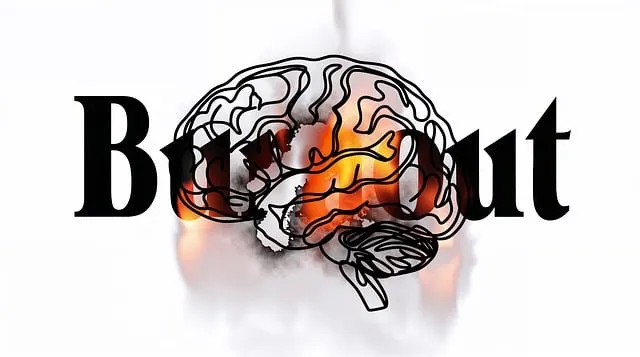Lone Tree Kaiser Permanente mental health services prioritizes Social Skills Training (SST) as a holistic approach to improving patient outcomes. Through SST, individuals with mental health conditions gain tools for effective social interaction, including emotional intelligence education, coping skills development, and cultural sensitivity training. This empowers them to build confidence, reduce stigma, and foster supportive networks, ultimately enhancing emotional resilience, sense of belonging, and social integration.
Social skills training is a powerful tool in managing and improving mental health outcomes, especially within the context of Lone Tree Kaiser Permanente’s comprehensive mental health services. This article explores the intricate link between social skills and mental well-being, highlighting how tailored training can significantly enhance the lives of those facing various conditions. We delve into the benefits of social skills development, focusing on strategies employed by Kaiser Permanente to foster a supportive environment for recovery.
- Understanding the Link Between Social Skills and Mental Health
- The Role of Social Skills Training in Kaiser Permanente's Mental Health Services
- Effective Strategies for Enhancing Social Skills in Individuals with Mental Health Conditions
Understanding the Link Between Social Skills and Mental Health

Social skills training plays a pivotal role in managing and improving mental health conditions. At Lone Tree Kaiser Permanente mental health services, professionals recognize that effective communication and social interaction are essential components of holistic treatment. Mental illness can often lead to social withdrawal or create challenges in maintaining healthy relationships, which further exacerbates symptoms. Understanding this link is crucial for developing tailored interventions.
The connection between social skills and mental health is multifaceted. On one hand, improving social connections and reducing the stigma associated with mental illness (Mental Illness Stigma Reduction Efforts) can boost confidence and self-esteem, helping individuals feel more empowered to manage their conditions. On the other, learning effective communication strategies and building a supportive network can prevent burnout, a common issue for those living with chronic mental health challenges. This comprehensive approach aims to foster not only emotional well-being but also a sense of belonging and social integration.
The Role of Social Skills Training in Kaiser Permanente's Mental Health Services

At Lone Tree Kaiser Permanente mental health services, Social Skills Training (SST) plays a pivotal role in enhancing patient outcomes and fostering a supportive environment. SST is designed to equip individuals with mental health conditions the necessary tools to navigate social interactions effectively. Through interactive workshops and personalized coaching, patients learn to build resilience, apply Mind Over Matter principles, and develop strategies to improve communication and relationship-building skills. These sessions cater to diverse needs, from managing anxiety in social settings to enhancing assertiveness and empathy.
The Mental Wellness Coaching Programs within Kaiser Permanente go beyond traditional therapy by offering practical, hands-on training. This holistic approach aligns with the evolving understanding of mental wellness, focusing not just on symptoms but on overall well-being. By integrating SST into their services, Lone Tree Kaiser Permanente demonstrates a commitment to empowering individuals with the skills to thrive in their personal and professional lives, ultimately contributing to improved mental health outcomes.
Effective Strategies for Enhancing Social Skills in Individuals with Mental Health Conditions

Social skills training is a powerful tool for individuals navigating mental health conditions, offering a structured approach to enhance their ability to interact and connect with others. At Lone Tree Kaiser Permanente mental health services, therapists employ various effective strategies to cater to this unique need. One key method is teaching emotional intelligence (EI), empowering clients to recognize and manage their emotions, as well as understand the feelings of those around them. This fosters deeper connections and improves social interactions.
Additionally, focusing on coping skills development equips individuals with mental health conditions to navigate challenging situations socially. By learning healthy coping mechanisms, they can better regulate their responses in social settings, reducing potential triggers or maladaptive behaviors. Incorporating cultural sensitivity in mental healthcare practice is another vital aspect, ensuring that training respects and embraces diverse backgrounds, experiences, and communication styles. This inclusive approach enhances the effectiveness of social skills training, making it relevant and beneficial for a wide range of clients.
Social skills training plays a pivotal role in enhancing the well-being of individuals managing mental health conditions, particularly within the context of Lone Tree Kaiser Permanente mental health services. By addressing social isolation and improving communication abilities, these programs empower patients to navigate interpersonal interactions with confidence. The integrated approach, as demonstrated by Kaiser Permanente, offers comprehensive support, fostering better mental health outcomes and improved quality of life for those seeking care at Lone Tree.






